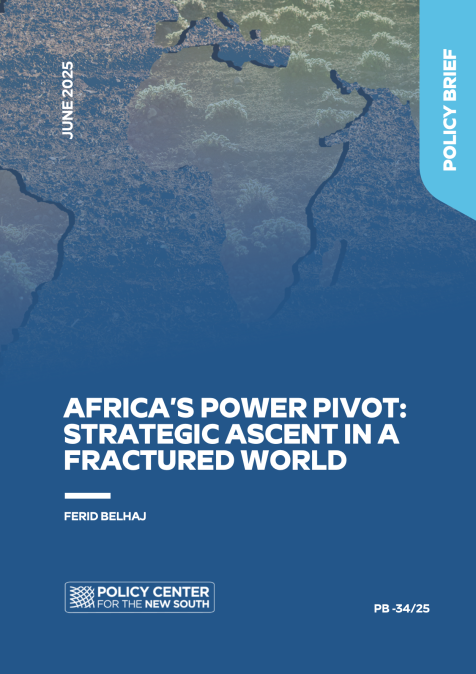As part of the webinar series: “The Global Economy in Transition : Implications for Developing Countries”, the Policy Center for the New South is organizing a webinar titled: " The Future of Central Banks in Emerging Markets and Developing Countries” to contribute to the debate around the evolving roles of central banks and the different challenges they will face in the years to come.
Since the aftermath of the Global Financial Crisis in 2008, there has been a widespread consensus regarding the imperative for central banks to uphold price stability and support the resilience of financial systems. The confluence of COVID-19 pandemic and the persisting Russia-Ukraine conflict has resulted in a surge of inflation not seen for decades.
In response, many central banks have tightened their monetary policies through unprecedented policy rate hikes that could have potential economic long-term effects. Within Emerging Markets and Developing Economies (EMDEs), where inflationary pressures were predominantly rooted in supply-side issues, central banks confront the challenge of rethinking their conventional toolkit.
Furthermore, the growing concerns linked to climate change and inequalities have shaped the policy discussions about expanding the traditional mandates of central banks (price stability and/or maximum sustainable employment) to consider these major ethical issues in the design and implementation of monetary policies.
The rise of cryptocurrencies and other digital assets has underscored the necessity for central banks to adapt their policies while maintaining financial stability and promoting economic growth. The growing interest in Central Bank Digital Currencies (CBDCs) demonstrates central banks proactive and adaptable approach to the changing paradigm that shapes their environment and core missions.
While there is a concern about deepening the digital divide, there is also an opportunity for EMDEs to leapfrog based on new technologies. However, poorly designed CBDCs could pose risks to financial stability, data privacy, legal challenges, financial integrity, cyber risks, and central bank operations.













